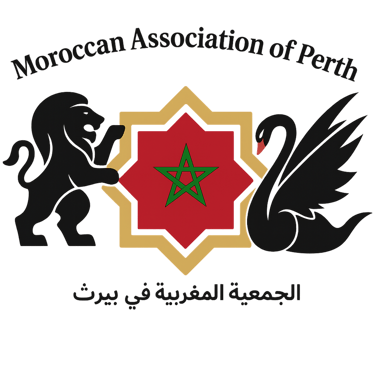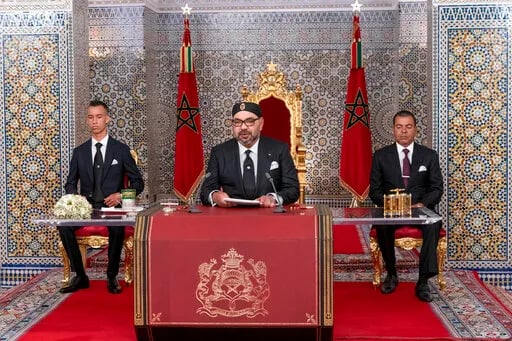

Geopolitics
Morocco’s geopolitics leverage its strategic location and stability to bridge Europe and Africa through trade, diplomacy, and regional influence.
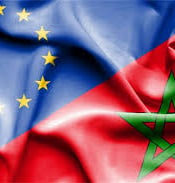

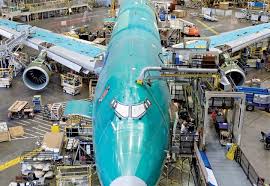

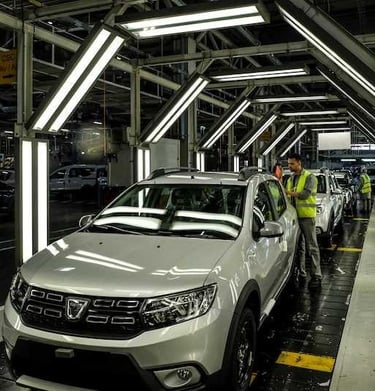

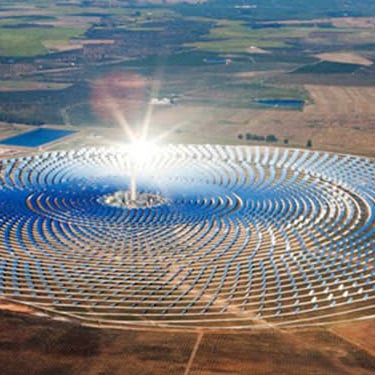

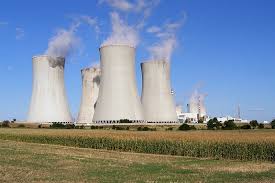

Morocco’s Strategic Geopolitics: Bridging Europe and Africa Through Trade and Business
Introduction
Positioned at the crossroads of Europe, Africa, and the Middle East, Morocco has steadily emerged as a strategic geopolitical player. The North African kingdom has leveraged its geographical advantage, political stability, and progressive economic reforms to forge strong trade ties with the European Union while establishing itself as a gateway to Africa. As global dynamics shift, Morocco’s role as a bridge between continents is becoming increasingly central in economic and diplomatic dialogues.
Geopolitical Positioning: A Natural Crossroads
Morocco's location on the northwestern tip of Africa, with coastlines along both the Atlantic Ocean and the Mediterranean Sea, provides unmatched access to key global trade routes. Just 14 kilometers from Spain via the Strait of Gibraltar, Morocco enjoys proximity to Europe that few African nations can rival. This geographic advantage has made it a logistical and commercial hub for businesses aiming to operate across the Mediterranean and deeper into Sub-Saharan Africa.
Furthermore, Morocco's political stability, in contrast with some neighboring countries, has positioned it as a reliable partner in a region prone to volatility. The government’s long-term development strategy—"Morocco's New Development Model"—emphasizes economic diversification, infrastructure investment, and regional integration, further reinforcing its appeal to international investors.
Robust Trade Relations with the European Union
The European Union remains Morocco’s largest trading partner, accounting for over 55% of its total trade. Since the implementation of the EU-Morocco Association Agreement in 2000, bilateral trade has grown steadily. The agreement has enabled Morocco to benefit from preferential access to European markets, especially in sectors like:
Agriculture and fisheries
Automotive and aerospace components
Textiles and garments
Renewable energy technology
Morocco's industrial zones, notably in Tangier and Casablanca, have attracted European multinationals including Renault, Peugeot, Siemens, and Airbus. These zones offer not only a cost-effective manufacturing base but also streamlined export logistics via ports such as Tangier Med, one of Africa’s largest and most advanced maritime platforms.
Additionally, Morocco is part of the EU’s Southern Neighborhood Policy and receives significant funding for governance, green economy, education, and digital transformation initiatives, further integrating its economy with Europe’s.
Africa: Morocco’s Strategic Economic Horizon
While its economic interdependence with Europe is well established, Morocco is now aggressively expanding its footprint across Africa. This expansion is not purely commercial—it is also geopolitical. Morocco’s reintegration into the African Union in 2017, after a 33-year absence, marked a turning point in its pan-African ambition.
Key Pillars of Moroccan Expansion into Africa:
Banking and Finance
Moroccan banks—Attijariwafa Bank, BMCE Bank of Africa, and Banque Populaire—have established a strong presence in over 25 African countries. Their expansion reflects Morocco’s belief that financial integration is essential to boosting intra-African trade and investment.Infrastructure and Construction
Moroccan construction companies are active in West and Central Africa, engaged in projects ranging from roads to public housing and water treatment plants. This soft-power approach strengthens bilateral relations while driving revenue for Moroccan businesses.Telecommunications and Services
Maroc Telecom operates subsidiaries in several African nations, supporting digital inclusion and fostering cross-border digital economies.Renewable Energy and Sustainability
Leveraging its leadership in solar and wind energy, Morocco is exporting its expertise to African countries seeking to transition to green energy sources. The Noor Solar Complex in Ouarzazate, one of the world's largest, has become a model for renewable energy in the region.
Strategic Implications: The Gateway Role
Morocco’s dual identity—as a North African country with strong ties to Europe, and as an increasingly influential player in Sub-Saharan Africa—offers multinational companies a unique platform. It is already positioning itself as a “business bridge” to Africa for European and Gulf companies. The Casablanca Finance City (CFC) initiative exemplifies this approach, offering fiscal incentives and a streamlined regulatory environment for international firms targeting African markets.
Morocco’s geopolitical strategy is paying off. By deepening its economic partnership with the European Union and simultaneously expanding into African markets through business and finance, Morocco is establishing itself as a pivotal player in 21st-century trade and diplomacy. For international investors and policymakers alike, Morocco represents not only a market of its own but a reliable partner for continental growth and cooperation.
Moroccan Association of Perth
Bridging Morocco and Australia through culture and community.
Newsletter
© 2024 - 2025. All rights reserved.
We acknowledge the Whadjuk Noongar people as the Traditional Custodians of the land on which we live and work. We pay our respects to Elders past and present.
Visit our Forest:
Our Stripe Climate Page:
